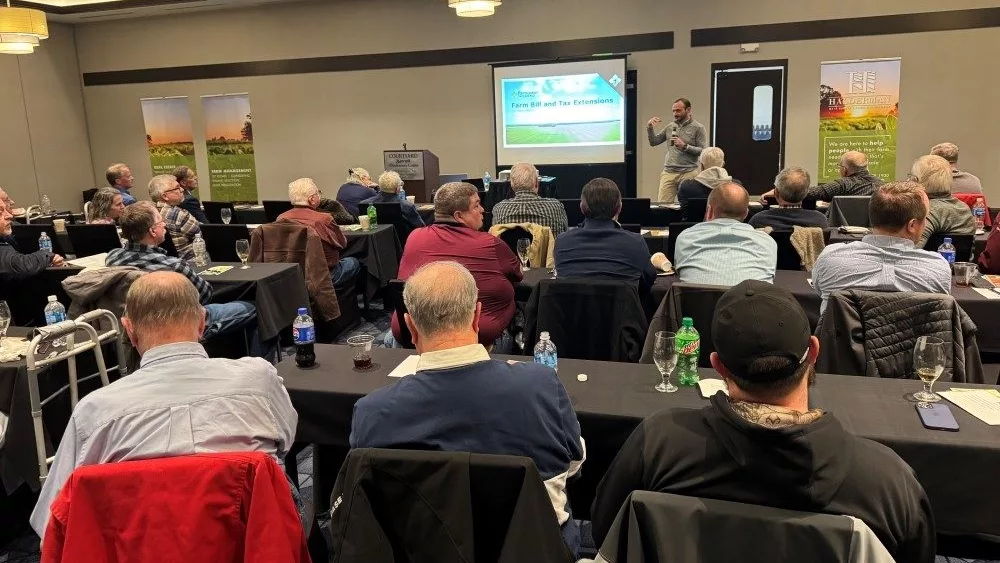On Monday, USDA’s Animal and Plant Health Inspection Service (APHIS) confirmed that clinical samples of milk from sick cattle from two dairy farms in Kansas and one in Texas tested positive for highly pathogenic avian influenza.
Dr. Bret Marsh, Indiana’s State Veterinarian, told Hoosier Ag Today that he spoke with his counterpart in Texas to get a clearer understanding of the symptoms exhibited by these cattle.
“They’ve seen a decrease in feed consumption, then they get a drop in milk production. And particularly the cows that are affected, which seem to be mid and late lactation cattle, they’re producing milk that was more colostrum like. Producers in Indiana- If they’re seeing clinical signs that are consistent with what I just described, we would certainly encourage them to reach out to their veterinarians to have an evaluation done of the herd.”
Marsh reiterated that avian flu in cattle has not been detected in Indiana, but it’s important to know that these detections appear to have been introduced by wild birds.
“If our dairy producers in the state have retention ponds, etc., where these birds may be accumulating, I would encourage them to take a look at ways to haste the birds away. Also, look at their biosecurity practices around the operations and making sure that traffic on and off the site is being monitored and appropriate biosecurity steps are taken so that we’re not moving this virus around.”
Initial testing by the National Veterinary Services Laboratories has not found changes to the virus that would make it more transmissible to humans, which would indicate that the current risk to the public remains low.
Additionally, “The milk that’s in the commercial milk supply is safe to consume with the pasteurization that’s routinely used in milk products,” Marsh explained. “There’s no concern on the part of the public from a public health or food safety standpoint.”
The same can be said for beef consumption.
Listen to the full HAT interview with Dr. Marsh below.





